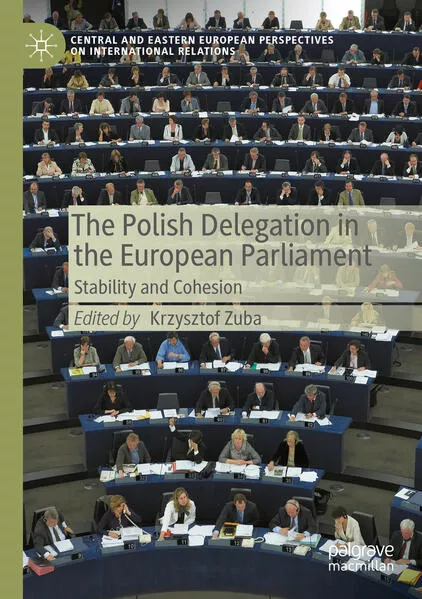
- Publikationen ca: 3
- Fragen & Antworten
Krzysztof Zuba
Krzysztof Zuba is a professor of political sciences. He is the head of European Study chair in the Institute of Political Science and Administration, University of Opole. His areas of research include: Politics in Poland, religion and politics, European integration. He is the author and editor of eight books.
The Polish Delegation in the European Parliament
Based on the example of the Polish delegation to the European Parliament, the book examines the factors influencing the cohesion and stability of EP national delegations. It takes into account the impact of institutional arrangements such as the electoral law and the candidate selection process, the ideological and programmatic profiles of political parties, the career paths of MEPs, affiliation to political groups in the EP, group switching, as well as the significance of Euroscepticism and national divisions transferred to the European level.
The Polish Delegation in the European Parliament
Based on the example of the Polish delegation to the European Parliament, the book examines the factors influencing the cohesion and stability of EP national delegations. It takes into account the impact of institutional arrangements such as the electoral law and the candidate selection process, the ideological and programmatic profiles of political parties, the career paths of MEPs, affiliation to political groups in the EP, group switching, as well as the significance of Euroscepticism and national divisions transferred to the European level.
The Polish Delegation in the European Parliament
Based on the example of the Polish delegation to the European Parliament, the book examines the factors influencing the cohesion and stability of EP national delegations. It takes into account the impact of institutional arrangements such as the electoral law and the candidate selection process, the ideological and programmatic profiles of political parties, the career paths of MEPs, affiliation to political groups in the EP, group switching, as well as the significance of Euroscepticism and national divisions transferred to the European level.


